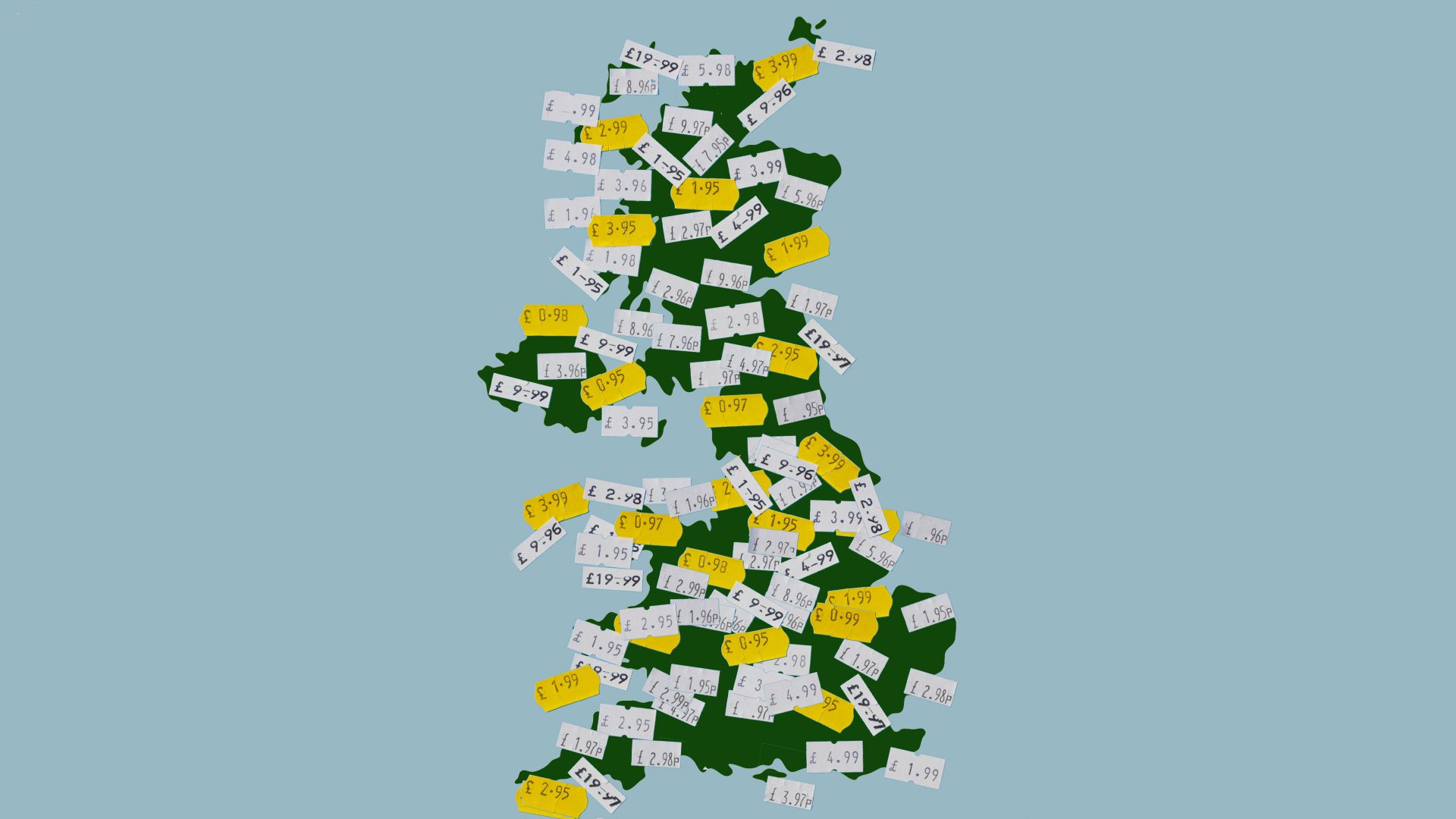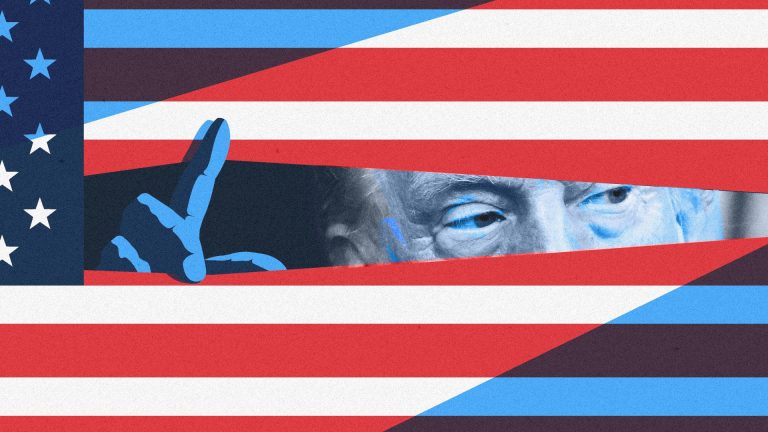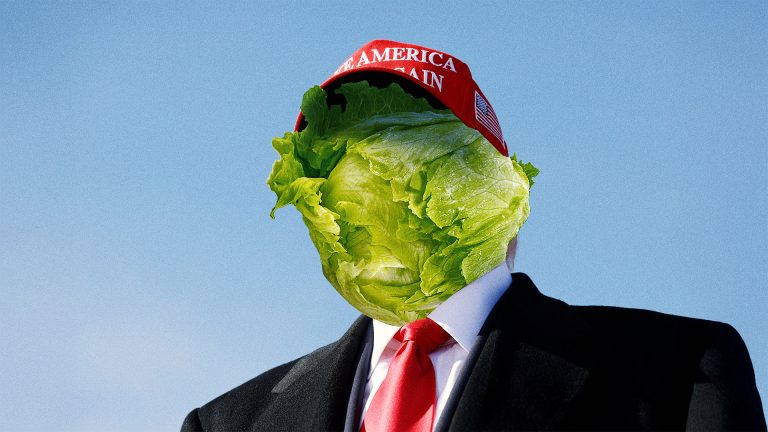In a post-truth world where parties are work meetings, a vote of no confidence is a victory and being firmly on someone’s side means doing nothing at all to help them, at least the numbers don’t lie.
And the tale they are telling makes for grim reading: new analysis by the Centre for European Reform (CER) has found that the price-tag for Boris Johnson’s oven-ready Brexit is already running into the billions with UK gross domestic product (GDP) now 5.2% – or a whopping £31bn – lower than it would have been if the UK had not left the European Union.
John Springford, CER’s deputy director and author of the study, admitted it was difficult to disentangle the effects of Brexit and Covid but not impossible using counterfactual modelling based on doppelgängers: a kind of shadow economy built using a basket of countries whose economic performance closely matches the UK’s before the Brexit referendum and at the end of the transition period.
A Sliding Doors for post-Brexit Britain, if you like, but without the happy ending.
“Before the pandemic, the (growth) shortfall was sizeable, and leaving the single market will have raised the GDP cost of Brexit further. The UK had a particularly deep recession in 2020, but it ended Covid restrictions sooner than many of its peers, thanks in part to starting its vaccination campaign early in 2021. That should have made its recovery from Covid faster than other countries, not slower,” Springford wrote.
His research revealed that even before the pandemic, growth was already down 2.9% from where it would have been had the UK not left the EU. “Investment also began to lag at the point of the referendum, and goods trade when the UK left the single market,” Springford wrote.
By the end of last year, Springford’s research also found that investment was 13.7% – £15bn – lower than it would have been, while goods trade was down by 13.6%.
“There is a clear Brexit effect, with gross fixed capital formation flatlining between 2016 and the start of the pandemic … This is perhaps the most troubling estimate: future growth in productivity and living standards are dependent on investment that is made now. The UK’s investment has been flatlining,” Springford wrote.
The study did find that services were 7.9% higher now than in the doppelgänger, but Springford said the estimate was not robust because the effect of leaving the single market might only have had a small effect on services, while Covid also affected the results more drastically. Springford also concluded that Brexit was not necessarily behind the UK’s record inflation. And he found that the pandemic – and the subsequent Great Resignation – had a much larger effect on the size of the labour force than the end of free movement.
Describing his results as “sobering” and “troubling”, Springford wrote: “British politicians may find it difficult to ignore the central role of Brexit in the UK’s economic problems for much longer.”
They will surely try though. In his word-salad of a speech in Blackpool on Thursday, Boris Johnson blamed Britain’s woes on the effect of the pandemic and the war in Ukraine. And reminded his listeners to be grateful they are not facing “the misery of the 1980s and 1990s”.
But relativity won’t put food on cash-strapped families’ tables and Springford’s research is notably light on any signs of those sunny uplands British voters were promised back in 2019. Those same voters who may have believed Johnson’s explicit manifesto pledge not to raise income tax, VAT or national insurance for five years in order to “put more money back in people’s pockets” after Brexit.
In fact, taxes are very much part of the Brexit story. “Brexit is the main reason why chancellor Rishi Sunak is raising taxes to their highest share of GDP since the 1960s,” Springford wrote in his conclusion to the new research. “While the Chancellor has claimed that his increase in national insurance contributions (a payroll tax) is to fund the health service and social care these tax rises would not have been needed if the UK had stayed in the EU (or in the single market and customs union).”
Springford goes on to cite research by Ian Mulheirn, chief economist of the Tony Blair Institute, who found that, according to forecasts by the Office for Budget Responsibility (OBR), Brexit will worsen the public finances by £30bn. Springford said Sunak’s March 2021 tax rises amounted to £29bn.
“A smaller economy means higher taxes are needed to fund public services and welfare. The Office for Budget Responsibility forecasts that the scarring effects of Brexit will be larger than those of Covid. Our own estimates are in accord with that view,” he wrote
It seems the Brexit elephant in the room has finally started trumpeting. Or as political economist and writer Will Hutton tweeted after ITV carried a report on the CER study: “ITV now brave enough to report the deep economic costs of Brexit. The clouds are darkening as the many chickens come to roost.”
David Miliband, former foreign minister and now president of the International Rescue Committee, also welcomed the report, saying: “The economic damage that Brexit has caused is becoming clearer and harder to ignore. Candour and clarity from ITV correspondent. We need an equally honest debate about how to limit the damage going forward.”
The CER research caps a bleak weak for the UK’s economy. On Wednesday, the OECD group of developed nations said British growth would be worse than any other G20 country, except sanction-slapped Russia, next year. On the same day, the British Chambers of Commerce predicted growth would grind to a halt this year before briefly falling into negative territory. It downgraded its expectations for 2022 to 3.5% (from 3.6%) and said it expected inflation to hit 10% in the fourth quarter.
At least, Johnson is not planning to do anything to make things substantially worse, like, say, by sparking a trade row with the EU over the Northern Ireland Protocol…











